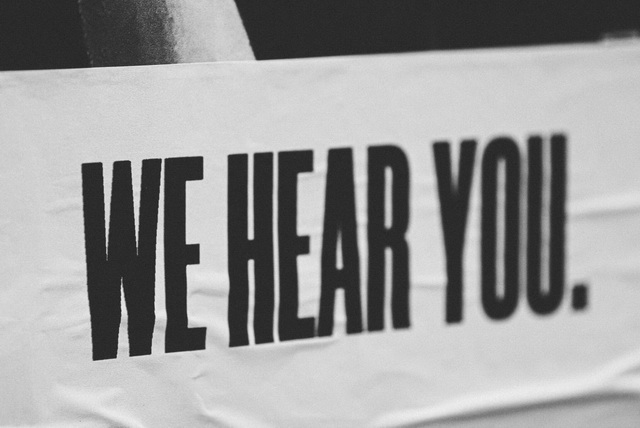According to CB Insights almost 60% of startups die because they didn’t listen to the market. Either they built something nobody needed (42%) or ignored feedback that could’ve saved them (17%).
I once worked with a founder who refused to listen. He dismissed customer feedback, second-guessed his team, and believed he knew better than the market. Every disagreement felt like an attack, every suggestion an insult. His startup, once full of promise, struggled to gain traction.
This pattern occurs not just in startups, but in life. People get stuck in their own heads, reacting instead of reflecting, pushing forward instead of pausing to check if they’re even on the right path.
I get it. I grew up in a culture where questioning the system was discouraged, and expressing emotions was seen as weakness.
For years, I ignored my own inner voice, mistaking resilience for suppression. Until one day, I realized: if I don’t understand my own thoughts and feelings, how can I make decisions that truly serve me (or my business)?
I was missing my built-in compass that helps make aligned decisions, and connect with people who share not just interests but values.
Back to the startup founder I worked with…
Each rejection of feedback wasn’t a strategic decision — it was a defensive reaction. Each critique felt personal rather than informational.
The result? Months of wasted development, team frustration, and a product that still missed the mark.
What was missing was not only insufficient market research but also self-awareness.
Through my coaching training, I discovered a simple but powerful framework that serves as a “compass” for these situations:
1️⃣ Thoughts → 2️⃣ Feelings → 3️⃣ Actions → 4️⃣ Results
This chain runs your business, whether you realize it or not.
When you’re stuck, feel resistance to an idea, a teammate’s input, or a customer’s feedback, pause!
Trace the above chain backward and ask yourself verbally:
- Results: What’s happening that you want to change?
- Actions: What behaviors are creating these outcomes? What’s your default response? Do you dismiss feedback, delay decisions, or micromanage?
- Feelings: What emotions are driving these actions? Are you defensive, open, anxious, or confident?
- Thoughts: What beliefs or assumptions are generating these feelings? What stories are you telling yourself? Are they rooted in reality or fear?
For the founder I mentioned, the chain looked like this:
- Thought: “If customers don’t immediately love my vision, they just don’t get it yet.”
- Feeling: Threatened, anxious, defensive
- Action: Dismissing feedback, doubling down on original assumptions
- Result: Product that doesn’t solve real customer problems. The results you get (or don’t) are shaped by the above.
Breaking this chain requires asking better questions:
- When feeling worried: “What thoughts are behind this worry?”
- When noticing repetitive thoughts: “How do these thoughts make me feel?”
- When clear on thoughts and feelings: “What action would align with my deeper purpose?”
Try speaking these questions aloud – even to yourself. The simple act of verbalization helps calm your brain, increase clarity, and create space between stimulus and response.
Most founders don’t realize they’re trapped in a loop of reactivity. The way out? Awareness.
Your business can only grow as much as you do.
If you don’t:
❌ Listen to customers, you’ll miss the market.
❌ Listen to your team, you’ll build alone.
❌ Listen to yourself, you’ll burn out.
The strongest founders are learners. They don’t just lead teams; they create space for growth — both for their people and for themselves.
So next time you find yourself resisting feedback, defending an idea too hard, or feeling stuck – pause. Check your thoughts, feelings, and actions. Your business depends on it.
Peter Reinhardt, the former CEO of Segment, once said: “As engineers who had never done this before, talking to people didn’t seem like real work. Real work was coding. But in reality, 20 hours of great interviews probably would’ve saved us an accrued 18 months of building useless stuff.”
I used to take feedback personally until I realized it was my biggest growth tool. What’s one piece of feedback you resisted but later saw the value in?

Leave a Reply